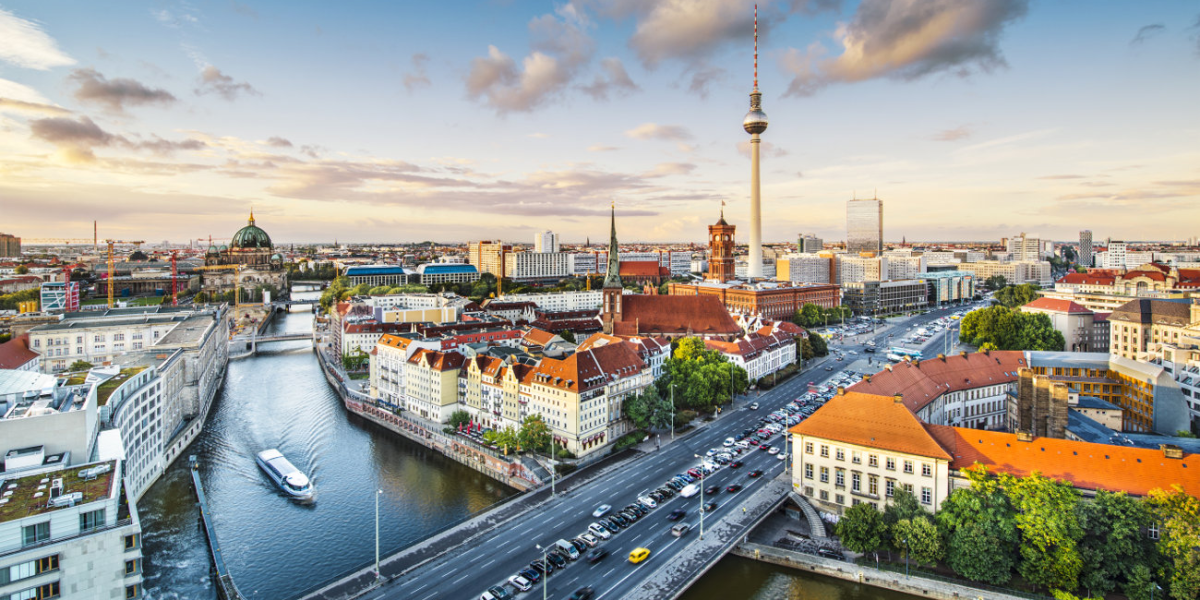
In its latest report published in August, FDI Intelligence ranks Frankfurt, Munich and Berlin as the most promising German cities (German Cities of the Future). Discover their highlights if you are planning to study, work or set up a business in the country.
Frankfurt tops as the most promising German city 2016-2017 in the last report published by FDI Intelligence, a division of the Financial Times. It is followed by Munich and Berlin, the capital city. As the largest city in the Hesse State, Frankfurt is deemed to be Germany's biggest financial hub thanks to its economic health and a very low unemployment rate, 2.92% in 2016, as well as its Gross Domestic Product (GDP) per capita of more than $ 50,000 at purchasing power parity.
According to this study, Frankfurt has attracted much more foreign investment than any other region with a record 328 projects from 2011 to 2015. The most dynamic sectors, namely, information and communications technology (ICT), software development, business services (16.95%) and financial services (14.97%) have received more than a quarter of investments.
The strongest growth rates were reported in the sectors of communication (21.7%), financial services (17.4%) and ICT and software (13%). A total of 24 expansion projects have been also been noted, allowing Frankfurt to reinforce its reputation before foreign investors.
Munich, for its part, ranks 2nd, especially due to its economic potential and its business-friendliness. Among the major German cities assessed, Munich recorded the highest population growth rate and the lowest unemployment rate in the country, that is 2.02%.
Moreover, the number of foreign investment projects in the city almost doubled in 2015, bringing around $ 696 million and created nearly 2500 jobs, mainly in the ICT and knowledge-based sectors thanks to the presence of more than 11 000 companies. Munich also hosts many multinational companies involved in the electronics, engineering and automotive manufacturing sectors.
Berlin ranks 3rd in terms of human capital and lifestyle, for its business-friendliness and its economic potential. The German capital city also shows the highest GDP in the whole country thanks to some 300 investment projects from 2011 to 2015.
Berlin's student population, with over 160 000 local and foreign students, was a decisive factor. Indeed, the capital city has attracted many creative and innovative companies which are currently benefiting from the human ressource potential provided by many universities and technical colleges it supports. In fact, 7 of the top 100 German universities are found in Berlin.
Note that this study is based on several factors, including economic potential, human capital and the lifestyle, cost-effectiveness, connectivity and business-friendliness of 34 German cities.
Sources:



















